Interview with Katharine Jarmul about what makes an organization irresistible
We ran a post last month about the trials and tribulations of finding your A-Team, ending the post with a promise to continue this dialog. With employees acting more like free agents now more than ever before, we chose to hear from one of our readers, Katharine Jarmul, a free agent developer, who has never had a problem landing a job, about how business leaders will need to learn how to build an organization that engages employees as sensitive, passionate, creative contributors.Here is our Interview with Katharine Jarmul, free agent product savvy developer, founder of kjamistan.com, author, currently living in Berlin, Germany. You can also find her on twitter.
#PoDojo: Tell me a bit about your background your past 3 work endeavors and how easy/hard/other your experiences were in finding employment worthy of your efforts.
Katharine Jarmul: For the past 8 years, I've been writing Python programs at media companies, start ups and large corporations. About two years ago, I started my own company to begin to work on some of my own interests and application ideas. Finding clients or places to work has never been difficult, as the demand for knowledgeable Python developers has only increased over time.
Why did you decide to go off on your own and start your own company?
Starting my own company was both frightening and exciting. There will never be a perfect moment to branch out on your own and do it, so I recommend taking a chance on yourself and trying it out. If you have a dream to one day work for yourself, give yourself an opportunity to see what that would actually look like. If you end up deciding it's not for you, at least you have explored the option.
As a Gen Y do you think the ease/hardness of finding work endeavors is because of your age?
Python developers vary greatly by age, so I don't think it affects the talent acquired. At most of the larger places I have worked, there were many developers older than me, and also many my age and younger. At smaller start ups, hiring older developers also usually means hiring more expensive developers, so that can be a bottleneck. Also, if the start-up uses really recent programming languages like node or ruby, the community is less age-diverse than Python, meaning it will likely be hard for them to find advanced developers who aren't also very young.
Do you think the ease/hardness of finding work endeavors is because of your gender?
That's a tough question, as I don't think I'm aware of the ways my gender has affected my opportunities. For most diversity issues, I think it's less of a problem for the initial job or placement and more of an issue with progress and advancement within a company. We tend to promote and mentor people we relate to, so this means a less diverse management will continue to cultivate that demographic.
Survey data indicates that employees are operating more like free agents than in the past. How do you think this impacts people looking for work? How do you think this affects opportunity? How do you think this impacts start-ups? How do you think this impacts older, established companies looking for great new talent?
Being a talented developer means always having a full inbox of recruiter emails. That said, I think most developers (particularly diverse sets of developers) want much more than a good paycheck. The quality of the work, the team communication as well as work-life balance are all essential parts of the puzzle.
How do you think this impacts older, established companies looking for great new talent?
If older companies want to acquire good technical talent, this may mean they need to rethink their current development best practices. If they have a CTO or technical lead that is keeping up with the current best ways to do things, it's likely they can attract just as much if not more talent than start ups. If, however, the last time they thought about best practices was 5 or 10 years ago, their process and the ability for developers to grow and engage there will seem quite outdated.
As you have been both a new recruit as well as a hiring manager, do you have any recommendations to help organizations become more irresistible to talented developers?
My recommendation is to create a work culture and climate that embraces innovation and new ideas. Allow employees to think about how to fix problems they encounter and give them time to do so. Instead of offering perks that would only interest 20 year olds (free beer and energy drinks) think about offering more diverse wins: more vacation time, free weekends, no evening deploys. By doing so, you will attract the most intelligent and hard-working developers, while not having to spend huge sums to recruiters or as the only incentive to get smart people to work for you.
Thank you so much for your time Katharine! And if you have one bit of advice for budding Python programmers, what would you share?
I learned a TON about Python and data analysis in my past work with media companies - so much so that I decided to write a book about what I learned to help others. If you'd like to enhance your skills by learning data analysis or Python, check out my new book Data Wrangling with Python to be released early 2016. It will teach you both how to write proper Python code and also an introduction to finding, exploring, analyzing and presenting data.

